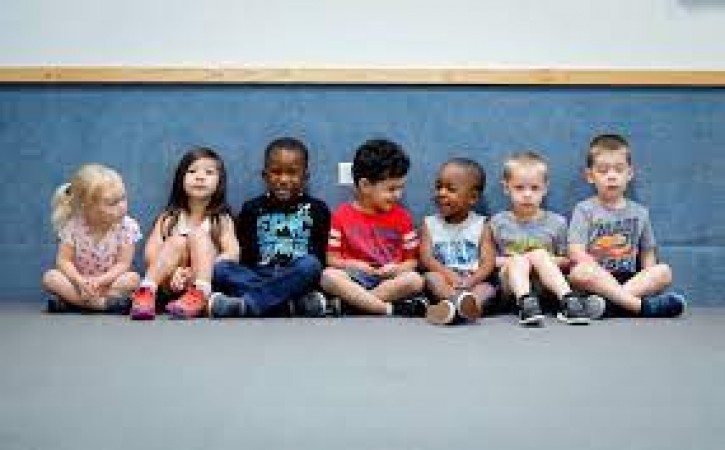
In today's fast-paced and interconnected world, social skills are more crucial than ever. As parents, it's our responsibility to equip our children with the tools they need to navigate the complexities of social interactions successfully. In this comprehensive guide, we'll delve into the importance of social skills, explore how to teach them at different ages, incorporate them into daily life, adapt to individual learning styles, and monitor progress.
Building healthy relationships is at the core of effective social skills. Children equipped with strong communication and understanding abilities form connections based on empathy, trust, and mutual respect.
In the digital age, children must learn to communicate effectively both online and offline. Striking a balance between screen time and face-to-face interactions is crucial for developing well-rounded social skills.
In the early years, teach your child the importance of sharing toys and taking turns during playtime. These seemingly simple activities lay the foundation for cooperation, patience, and understanding.
Help your child identify and express their emotions. Encourage them to use words to communicate how they feel, fostering emotional intelligence from a young age.
The art of active listening is a skill that will serve your child well throughout their life. Teach them to focus on what others are saying, understand their perspective, and respond thoughtfully.
As children grow, emphasize the significance of respecting differences among their peers. Teach them to appreciate diversity and embrace inclusivity, building a foundation for a tolerant and inclusive mindset.
Equip your teenager with effective conflict resolution skills. Teaching them to address issues assertively and find mutually beneficial solutions prepares them for the challenges of adulthood.
Guide your teenager on responsible online behavior. Discuss the impact of their digital footprint on relationships and future opportunities, fostering a sense of responsibility in the digital realm.
Engage in regular family game nights to promote teamwork, communication, and friendly competition. These activities provide a fun way for children to learn essential social skills.
Encourage meaningful conversations during meals. This provides a platform for sharing thoughts and experiences, promoting open communication within the family.
Participation in team sports is a fantastic way to foster teamwork, leadership, and cooperation. These activities teach children the importance of working together towards a common goal.
Involvement in creative arts, such as music, dance, or theater, promotes self-expression and boosts confidence in social settings. It allows children to explore their creativity while interacting with peers who share similar interests.
For visual learners, utilize charts, diagrams, and visual aids to reinforce social skills concepts. These tangible representations make learning more engaging and effective.
Engage auditory learners in role-playing scenarios. This hands-on approach allows them to practice and internalize social skills in a way that aligns with their learning style.
Incorporate hands-on activities for kinesthetic learners. These activities, where they can actively participate in the learning process, make acquiring social skills a more interactive and memorable experience.
Maintain open communication with your child. Regularly check in on their social experiences, asking about their day, friends, and any challenges they may be facing. Create a safe space for them to share their thoughts and feelings.
Celebrate milestones and achievements in social skills development. Positive reinforcement boosts your child's confidence and encourages them to continue refining their social abilities. In a world that highly values connection and collaboration, teaching social skills to your children is an investment in their future. By understanding the stages of development and incorporating these skills into daily life, parents play a pivotal role in shaping socially adept, empathetic, and well-adjusted individuals.
Pakistan Secures Vice Chair Post at UNESCO, Defeating India by 10 Votes
Indian Diaspora in Dubai Extends a Warm Welcome to PM Modi at COP28 Summit